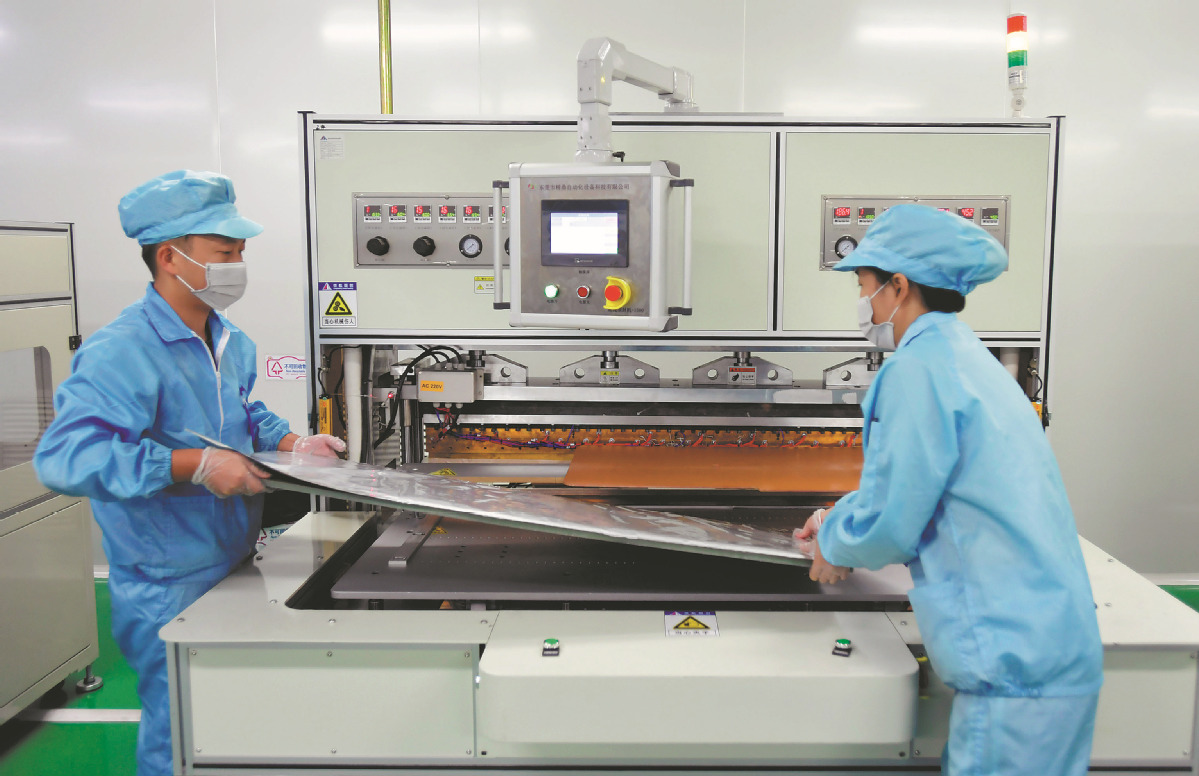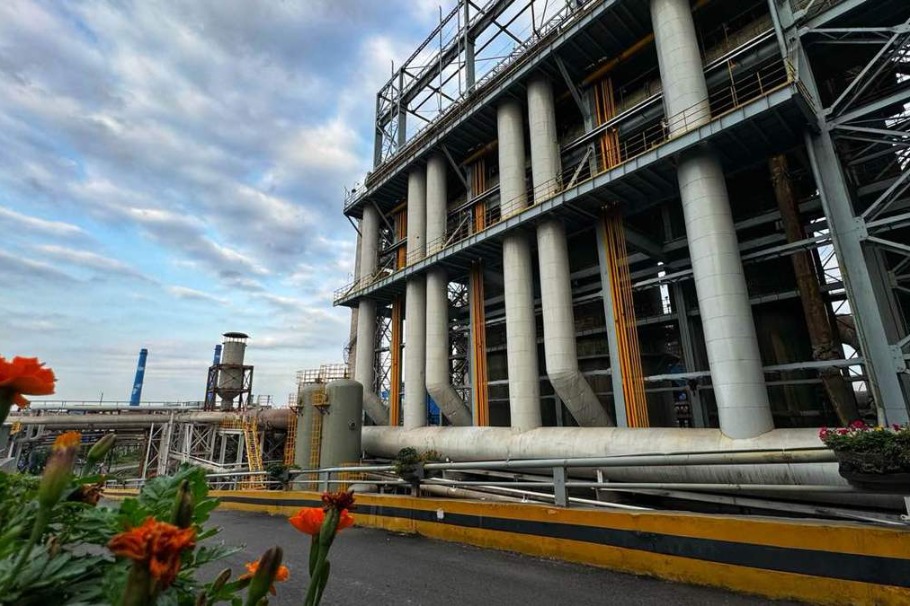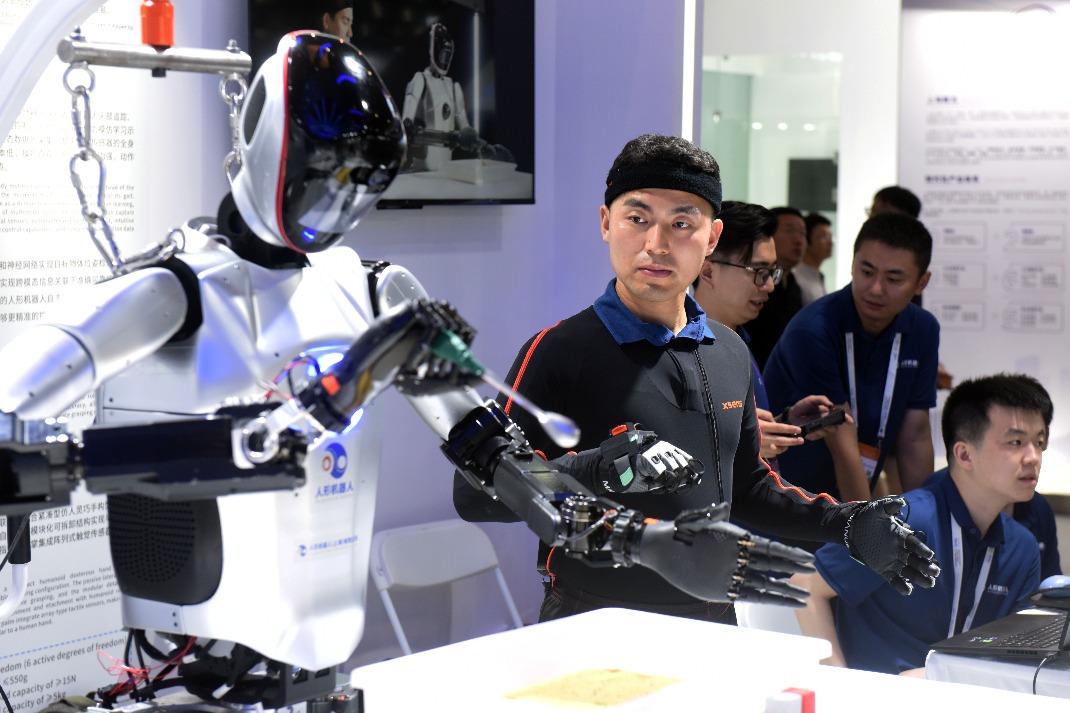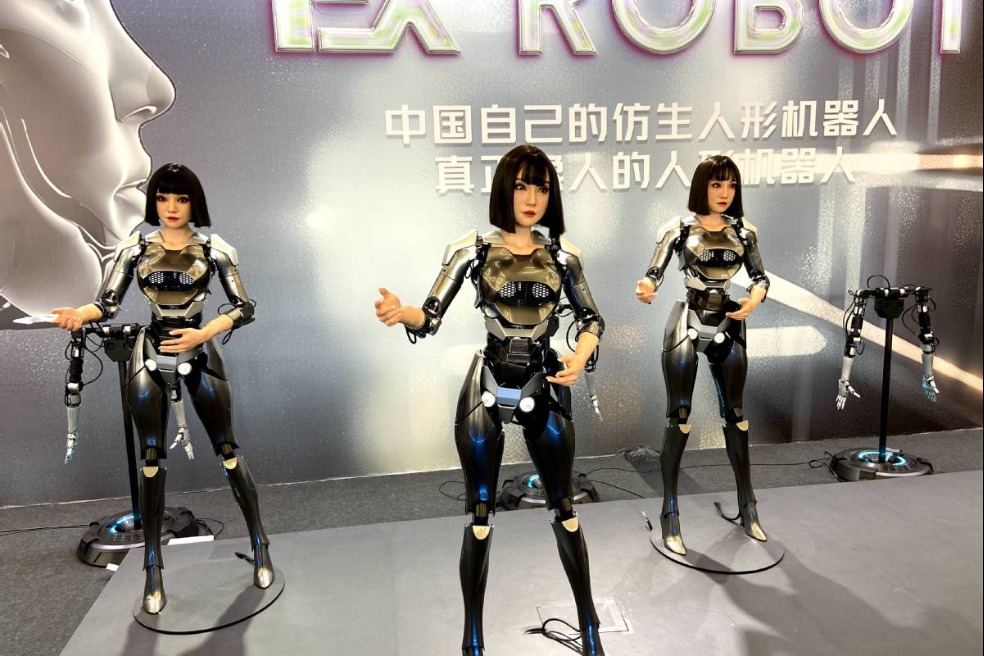Race begins to crack the code behind solid-state batteries
Automakers partnering up with technology companies to develop superior power source


Electric vehicle makers around the world are speeding up work on solid-state batteries, which are believed to be a game-changing technology that offer shorter charging times and better performance than traditional lithium-ion packs.
Volkswagen is holding talks with France's Blue Solutions, which produces solid-state batteries for Daimler electric buses, about adapting the design for cars, according to a Reuters report.
The two companies aim to reach a joint development agreement in the coming months, said the report, citing people who asked not to be identified as the talks are private.
A spokesperson for Blue Solutions, a unit of French conglomerate Bollore, confirmed that it was working on a battery for passenger cars with a charging time of 20 minutes. The company aims to build a plant for it by 2029.
Blue Solutions said it had signed development deals with BMW and another company, and was in talks with a third, but declined to identify them.
In 2023, Toyota and oil refiner Idemitsu Kosan said they would work together to develop and mass produce all-solid-state batteries. They aim to commercialize operations in 2027 and 2028, followed by full-scale mass production.
"We will be rolling out our electric vehicles with solid-state batteries in a couple of years from now," said Vikram Gulati, the India head of Toyota Kirloskar Motor, at a summit in early January.
It "will be a vehicle which will be charging in 10 minutes, giving a range of 1,200 kilometers and life expectancy will be very good".
Aion, the EV arm of Chinese carmaker GAC Group, said it plans to see such batteries in its vehicles from 2026.
Changan, a State-owned carmaker, said some of its vehicles will start to feature solid-state batteries from 2025 before they come as standard across its lineup by 2030.
Several other companies have plans to roll out solid-state batteries, including Chinese battery maker CATL, LG Energy Solution, Solid Power, ProLogium, Honda and Nissan.
Despite the technology's prospects and the number of companies working on it, it remains unclear when solid-state batteries will be installed in EVs.
Volkswagen said earlier this month that QuantumSpace's solidstate cell has significantly exceeded requirements in an A-sample test and completed more than 1,000 charging cycles.
For an electric car with a Worldwide Harmonized Light Vehicles Test Procedure range of 500-600 km, this corresponds to a total mileage of more than 500,000 km. At the same time, the cell barely aged and still had 95 percent of its capacity at the end of the test, said the carmaker.
However, that does not mean they are ready for commercial use. "We still have a lot of work to do," said QuantumScape's CEO Jagdeep Singh. "The prototype is meant to show the core functionality is there, not that the cell is fully ironed out in terms of all the different defects that can be introduced during the production process."
"A lot of promises haven't been delivered and several automakers and investors have been burnt," said Rory McNulty at consultancy Benchmark Mineral Intelligence in an interview with Reuters. "There's loads of really good verified data and technology but can they do it reliably, at scale?"
The sector's lack of commercial success has dampened market enthusiasm. Statistics from Pitch-Book show that the amount of global venture capital deal activity in solid-state battery companies fell 72 percent in 2023 to $146 million.
Analysts at CITIC Securities estimate that the mass adoption of solid-state batteries will not come before the end of the decade.
Yet more companies in the automotive and battery sector are joining ranks to crack the conundrum. China's Ganfeng Lithium told investors in November that there are difficulties in solid-state battery development. But the company is upbeat about the technology's business prospects and is seeking cooperation with carmakers.
Farasis Energy, a Chinese battery maker, said in December that it "has sound plans to come up with solidstate batteries over time".
Some companies have rolled out partial versions of solid-state batteries. China's EV firms Nio and Seres have both launched EV models with "semi-solid-state" batteries, which have both solid and gel-like electrolyte components but do not use lithium metal anodes.
In late December, a Nio ET7, sporting a 150 kilowatt-hour battery pack of semi-solid-state cells codeveloped by Nio and Welion, finished a 1,044 km trip on one charge with 36 km left on the range display. The trip was from Shanghai to East China's Fujian province, with the outdoor temperatures ranging from — 2 to 12 degrees Celsius.




































